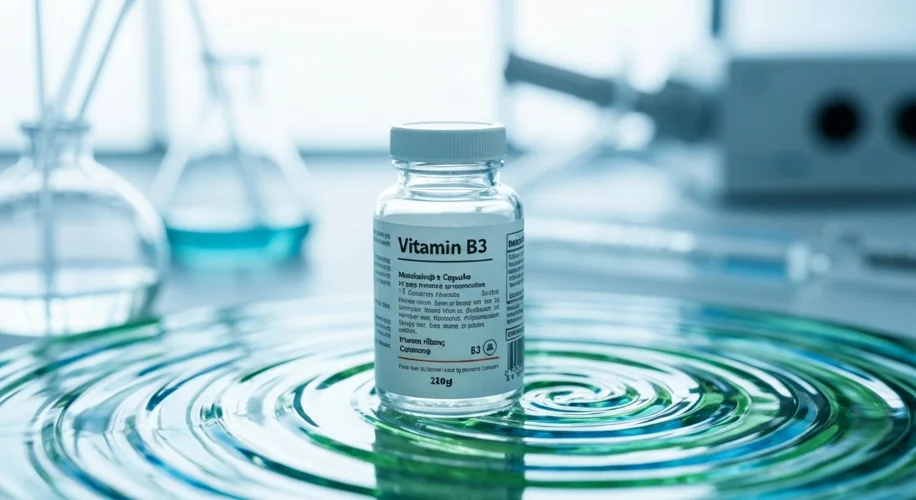Did you know that many of us are exposed to chemicals that can last in our bodies for a very long time? These are often called ‘forever chemicals,’ and they’re found in all sorts of everyday products, from non-stick pans to waterproof clothing.
I’ve been following some really interesting research lately that suggests a common dietary supplement might offer a way to help our bodies process and remove these persistent substances. This is important because these chemicals, officially known as per- and polyfluoroalkyl substances (PFAS), have been linked to a range of health concerns.
What are ‘Forever Chemicals’?
PFAS are a group of man-made chemicals that have been used since the 1940s. They’re incredibly durable, which makes them useful in products like firefighting foam, stain-resistant fabrics, and food packaging. However, their persistence means they don’t break down easily in the environment or in our bodies. Studies have found PFAS in the blood of nearly all Americans tested.
A Surprising Ally: Niacinamide
One particular compound that’s generating buzz is niacinamide, a form of Vitamin B3. You might already be taking it as a supplement for skin health or energy production. Research published on Earth.com highlights studies exploring niacinamide’s potential to reduce the body’s burden of certain PFAS.
How might this work? Scientists are investigating that niacinamide could alter how our cells absorb and store these chemicals. By potentially influencing cellular processes, it might help the body excrete PFAS more effectively.
What the Science Says
While this research is still in its early stages, the findings are promising. Early studies suggest that niacinamide could help reduce the accumulation of specific types of PFAS within the body. It’s crucial to remember that this isn’t a magic bullet, and more research is needed to fully understand the mechanisms and effectiveness across different PFAS and in diverse populations.
Moving Forward
For years, we’ve understood the environmental persistence of PFAS. Now, we’re beginning to explore biological pathways that might help mitigate their impact on our health. Discoveries like these underscore the importance of continued scientific investigation into everyday exposures and potential natural solutions.
As always, if you’re considering adding any new supplement to your routine, it’s best to chat with your healthcare provider. They can offer personalized advice based on your health needs. I’m excited to see where this research leads and to keep you updated on developments in understanding and managing our exposure to these pervasive chemicals.

